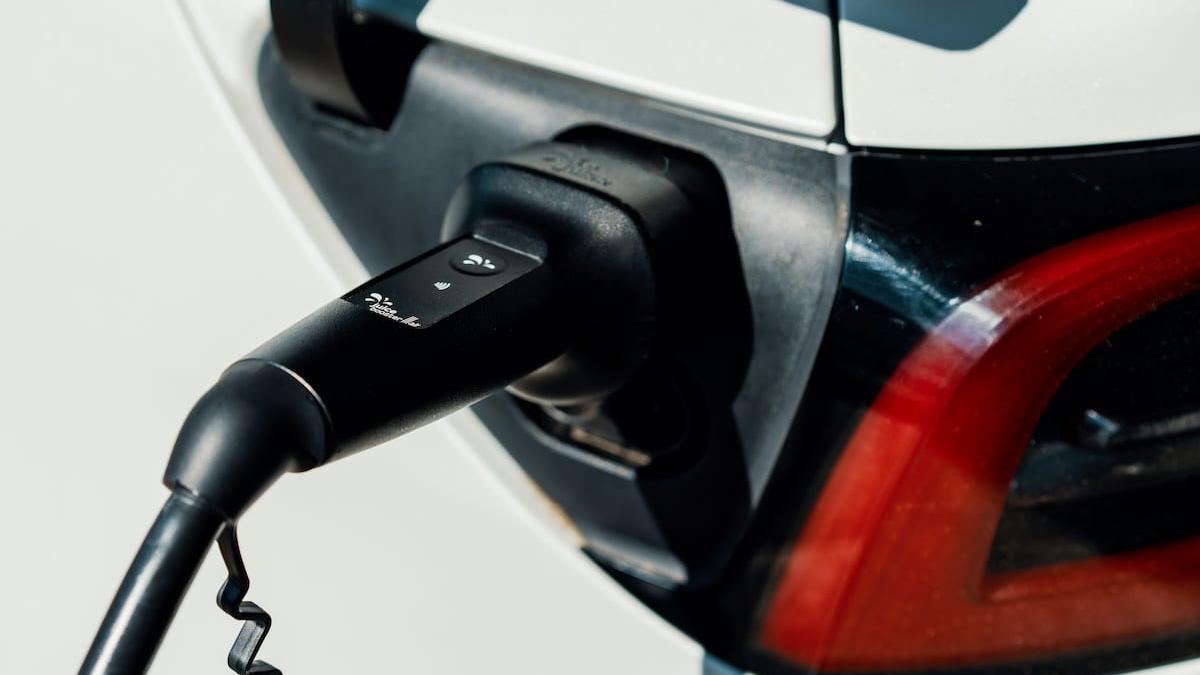We've been a purely EV house for nearly 5 years now. I often find myself in discussions with people hesitant to switch or carrying some common misconceptions in their back pocket. There's a striking disconnect between the public discourse around charging and the reality of day-to-day EV ownership.
The rapid charging myth
Let's do some more EV Mythbusting. With a petrol car you top your car up at the petrol station in a matter of minutes so naturally you'd expect the same with an EV right? You wouldn't want to trade that convenience in for a long slow charge? Well there's a problem with logic that we're not considering - you have the inconvenience of actually having to go to a petrol station in the first place. With an EV you can just charge where it's parked.
It's the thinking we need to replicate the petrol process that leads to rapid charging dominating headlines and investment discussions, my experience tells a different story. In my five years of EV ownership, I've needed rapid charging fewer than 20 times. That's not because I don't travel (I've been the length of the UK in that time) - it's because the vast majority of charging happens where I naturally park my car.
The reality of car usage
Let's look at some uncomfortable truths about car usage:
- The average car or van in England is driven just 4% of the time (about one hour per day), according to research by the RAC Foundation Source
- According to the UK Department for Transport's National Travel Survey, the average car journey in Britain is less than 10 miles, with 73% of all car journeys being under 20 miles
- Cars spend around 96% of their time parked, with 76% of that time at home and 24% parked elsewhere Source
These statistics reveal something crucial to me - we don't need to replicate the petrol station model for EVs. Instead, we need to think differently about how and where we charge ie charge where you park.
The 7kW sweet spot
I'm fortunate to have a driveway so I can charge my car at home. I understand that not everyone has this luxury however I still believe that 7kW chargers have an important role to play.
While 7kW charging might seem slow (certainly when compared to 350kW ultra-rapids) it's perfectly suited to how we actually use our vehicles here in the UK:
- 8 hours at work = 56kWh (200+ miles of range)
- 6 hour day trip to the zoo = 42kWh (150 miles of range)
- 2 hours at the gym = 14kWh (50 miles of range)
- 3 hours at the cinema = 21kWh (75 miles of range)
- A 1 hour weekly shop = 7kWh (25 miles of range)
That's a lot of charging! And it doesn't even include the elephant in the room - charging overnight.
Through the lens that the average UK daily mileage is just 20 miles we can see even a couple of hours of 7kW charging while you're already parked provides more than enough range for typical daily use.
And a quick point about the fallacy of 22kW chargers. You might see 22kW AC chargers being installed and think "well they're three times better than 7kW units" and naturally think that's a benefit. However, most EVs can't actually utilise this speed due to their onboard inverter limitations. You see EVs charge fast on DC (Direct Current) charge points as the battery and electrics of the car are DC. Our electricity supply is AC (Alternating Current) so for that to be useable in our EVs we need to use an inverter to convert from DC to AC and this is where the problem lies.
Most domestic EVs cap out at 7-11kW AC charging as the onboard inverter can't handle the higher power, in fact only a handful of vehicles can accept 22kW AC charging. The cost difference between installing 7kW and 22kW is significant, and the real-world benefit rarely justifies the additional expense.
Building a smarter grid
The focus on rapid charging hubs misses a crucial opportunity: creating an adaptive electricity grid. With widespread 7kW charging points where people naturally park, we could use our EVs as distributed energy storage.
The National Grid is playing a careful balancing act between our demand and the production of energy. With renewables like solar and wind the production part is not as reliable as burning some gas so we need to balance grid demand - store excess production during low demands and use the stored energy when we have high demand and low generation.
Storage is expensive and non-trivial at the grid level but what if we could leverage a distributed network of high density batteries to balance the grid?
Imagine using the thousands of EVs on our roads, each with 60-100kWh of storage, connected to smart chargers. This distributed storage network could help balance renewable energy generation and provide grid services, all while ensuring vehicles are charged when needed.
The charging infrastructure we actually need
Instead of focusing on expensive rapid charging hubs, we should prioritise:
- Reliable AC charging (3kW to 22kW) in residential areas without driveways
- Workplace charging facilities, again AC charging (3kW to 22kW)
- AC charging points at destinations (supermarkets, gyms, cinemas, museums, etc)
- Smart charging capabilities for grid balancing with price incentives for charging during excess production
- Simple, reliable payment systems
Cost and implementation
The beauty of this approach is its simplicity and cost-effectiveness:
- A typical AC charger installation costs £500-£2,000, compared to £20,000-£100,000 for a rapid charger
- They require less robust grid connections (32A vs 400A+)
- They can be added incrementally where needed
- Lower operating costs mean cheaper charging for end users (typically 20-40p per kWh vs 45-89p at rapid chargers)
- Maintenance costs are significantly lower due to simpler components
The role of software
The future of EV charging isn't about replicating the petrol station model with ultra-rapid chargers. It's about integrating charging into our existing parking infrastructure and daily routines. This is where smart software solutions become crucial.
Modern EV charging infrastructure needs:
- Smart load balancing to manage grid capacity
- Real-time monitoring and fault detection
- Seamless payment processing
- User-friendly mobile apps for finding and activating chargers
- Backend systems to manage complex pricing and incentive schemes
- Integration with grid operators for demand response
At Add Jam, we're passionate about EVs and the future of sustainable energy production. Our experience building software for EV industry and sustainable travel puts us in a unique position to help solve these challenges. If you're interested in our EV software development services or want to learn more about our IoT capabilities, get in touch. C
Check out our Charge Point Sparky project or work with Urban Fox to see how we're already contributing to the EV infrastructure landscape.






